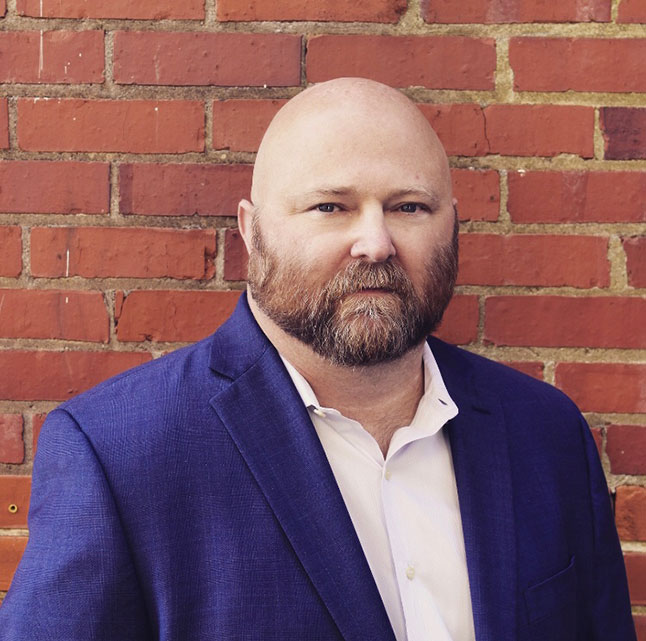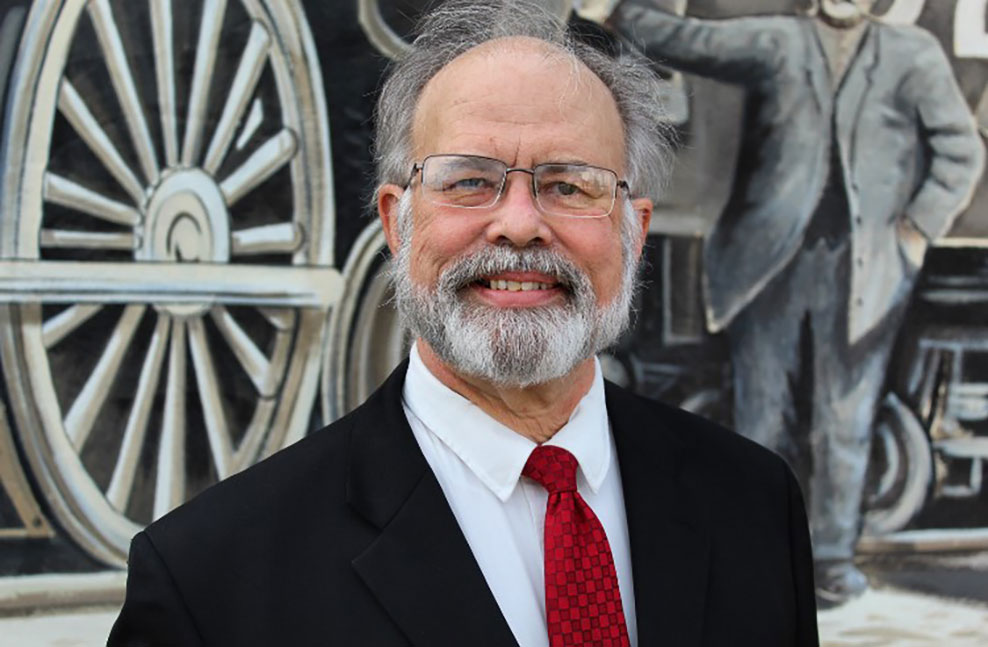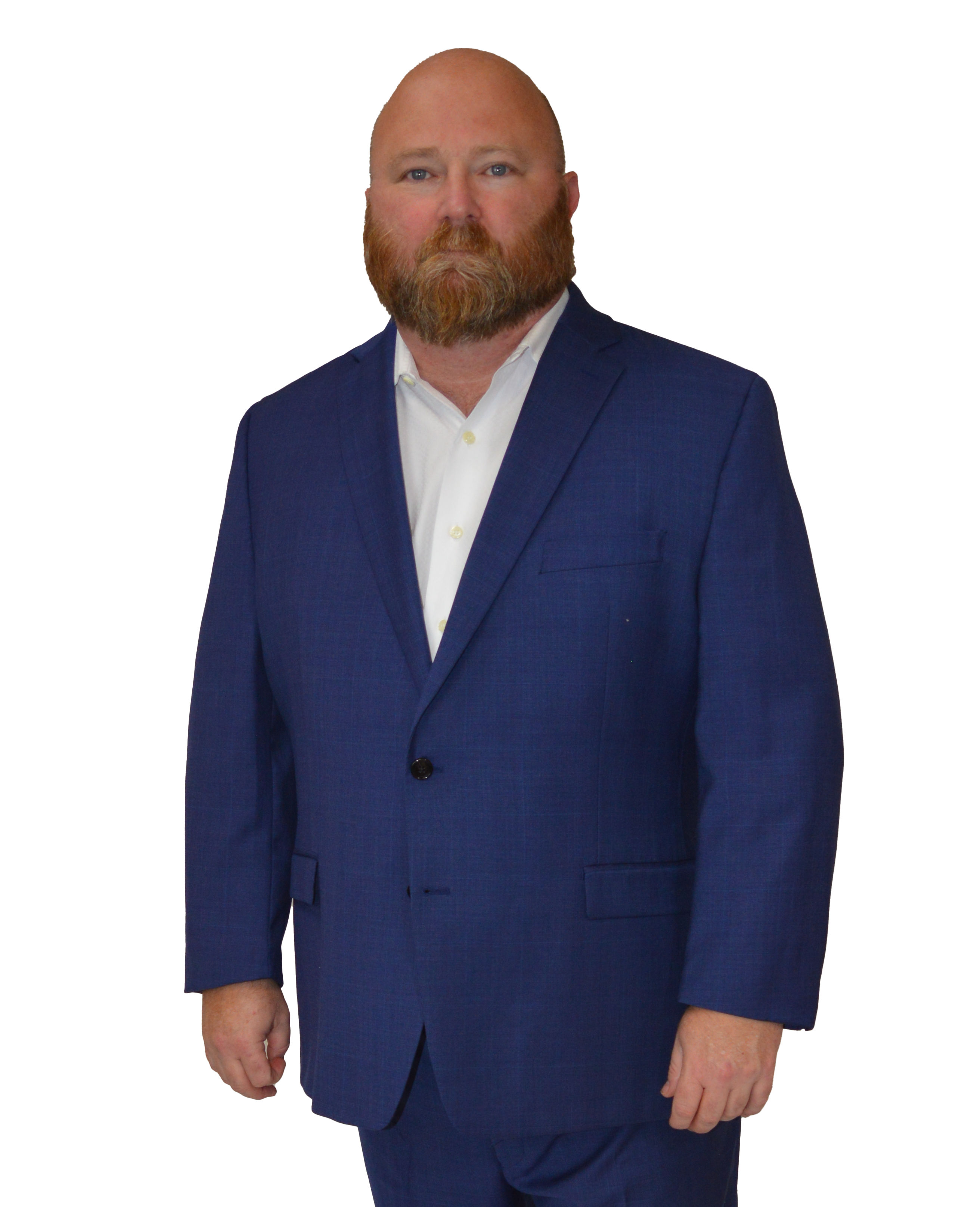Understanding Probate in South Carolina: A Comprehensive Guide

Understanding probate can seem like a daunting process, especially during the difficult time following a loved one’s death. However, understanding the basics of probate in South Carolina can help demystify the process and make it more manageable. This blog will walk you through everything you need to know about probate under South Carolina law.
What is Probate?
Probate is the legal process through which a deceased person’s estate is administered and distributed. This process ensures that all debts and taxes are paid and that the remaining assets are distributed according to the decedent’s will or, if there is no will, then everything is distributed in compliance with South Carolina’s intestacy laws
When is Probate Required?
In South Carolina, probate is generally required when a person dies with assets solely in their name and without a beneficiary designation. Common probate assets include real estate, bank accounts, and personal property. However, some assets, such as those held jointly in certain ways, or with named beneficiaries (like life insurance policies or retirement accounts), typically do not go through probate.
Steps in the South Carolina Probate Process
- Filing the Probate Petition: The process begins by filing a probate petition with the probate court in the county where the decedent lived. This petition includes the death certificate and the original will, if one exists.
- Appointment of a Personal Representative: The court appoints a personal representative (executor) to manage the estate. If there is a will, it typically names the executor. If there is no will, the court appoints someone, usually a close relative.
- Notifying Heirs and Creditors: The personal representative must notify all heirs and creditors of the probate proceedings. This often involves publishing a notice in a local newspaper.
- Inventory and Appraisal of Assets: The personal representative must inventory and appraise the decedent’s assets. This inventory and appraisement is filed with the court.
- Paying Debts and Taxes: The personal representative uses estate assets to pay off the decedent’s debts and any taxes owed. South Carolina requires that claims against the estate be made within a certain period.
- Distribution of Assets: After debts and taxes are paid, the remaining assets are distributed to the beneficiaries as specified in the will or according to state law if there is no will.
- Closing the Estate: Once all assets are distributed, the personal representative files a final accounting with the court and requests to close the estate.
Simplified Probate Options
South Carolina offers simplified probate options for smaller estates:
- Small Estate Affidavit: If the estate is valued at $25,000 or less (excluding certain types of property) and has no real estate, heirs can use a small estate affidavit to bypass formal probate. This is a quicker and less costly option.
- Informal Probate: This process involves less court supervision and is available when there is a valid will and no disputes among the heirs.
Common Probate Questions
- How Long Does Probate Take? The time frame for probate varies. Simple cases can be completed in a few months, while more complex estates can take over a year. The length depends on factors such as the size of the estate, the number of creditors, and whether there are disputes among heirs.
- Can Probate Be Avoided? Yes, certain estate planning strategies can help avoid probate. These include creating a living trust, holding property in joint tenancy, and designating beneficiaries on accounts and insurance policies.
- What Are the Costs of Probate? Costs can include court fees, attorney fees, personal representative fees, and other administrative expenses. These costs are typically paid from the estate’s assets.
Tips for Navigating Probate
- Seek Legal Advice: Consulting with a probate attorney can help you understand your responsibilities and navigate the process more smoothly.
- Stay Organized: Keep detailed records of all transactions and communications related to the estate.
- Communicate Clearly: Keep beneficiaries informed about the status of the probate process to prevent misunderstandings and disputes.
Conclusion
Probate is an essential process for ensuring that a deceased person’s estate is handled properly. While it can be complex, understanding the steps involved and knowing your options under South Carolina law can make it more manageable. Whether you’re planning your estate or handling a loved one’s affairs, being informed about probate can help you make better decisions and reduce stress during a challenging time. If you have more questions about Probate or any other legal issue, send us a message or call 843.488.5600.
Share with your Friends:
Get A Case Evaluation
We are here to help you with law questions





